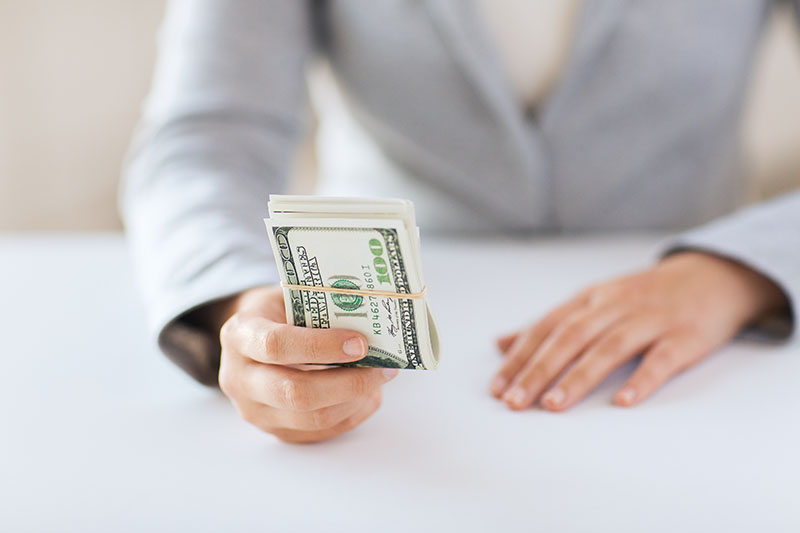Whether this is your first or tenth home purchase, shopping for a new home is…
Buydown to Reduce Your Mortgage Interest Rate

If you are buying a home, you have probably looked at all kinds of ways to reduce your monthly mortgage costs. These can include putting down a higher down payment or improving your credit to get a lower interest rate. But did you know that you can actually pay to lower your interest rate by doing a buydown?
Buying down points on your mortgage is when you, the buyer, pays a fee to lower the interest rate of your loan. This fee is paid upfront, with each point purchased costing 1% of the overall loan amount. Let’s look at an example.
Sally wants to purchase a home for $500,000 with a down payment of $100,000 and her lender offers her a 30-year fixed loan with a 3.75% interest rate. Sally wants a better interest rate, resulting in greater savings, especially in the first few years that she is paying the mortgage because the interest is paid up front. The lender says that she can purchase one point for 1% of the loan amount, $4,000 for the $400,000 that Sally plans to borrow, and it will reduce her interest rate by 0.25%. Sally is happy that she will get an interest rate of 3.5%.
Most of the time, buyers are interested in buying mortgage points, but sometimes the seller will offer to buy points for the buyer to make the purchase more appealing. This is more common in a buyer’s market when the seller has to make extra concessions to get their home sold. Builders can also use the same strategy to sell new homes.
What is a 3-2-1 buydown?
When using a 3-2-1 buydown, the overall interest rate is reduced for the first three years of the loan and increases incrementally until it reaches the original amount at Year 4. If it is reduced by 0.25% increments, the first year it will be 0.75% lower, the second year it will be 0.5% lower, and the third year it will be 0.25% lower. A similar strategy can be used with a 2-1 buydown as well.
What is an Interest Rate Reduction?
When the lower interest rate applies to the entire duration of the loan, it is called an interest rate reduction. The cost to reduce the interest rate in these cases tends to be higher, but the savings can be significant if there is a lot of time left on the loan.
When should you buy points?
To determine if buying mortgage points to reduce your interest rate is the best option for you, consider how long it will take you to recoup the upfront costs. You can divide the cost of the points by the monthly savings to determine your breakeven point, the amount of time it will take you to recoup that expense. If you plan to sell the home before that point, it is probably not the best idea to buy points. If you have to chose between the down payment and buying points, contributing more to your down payment is usually the better choice.
There may be situations where you cannot buy down points, such as an investment property or during a cash-out refinance. Talk to your lender about what options are available for you.




